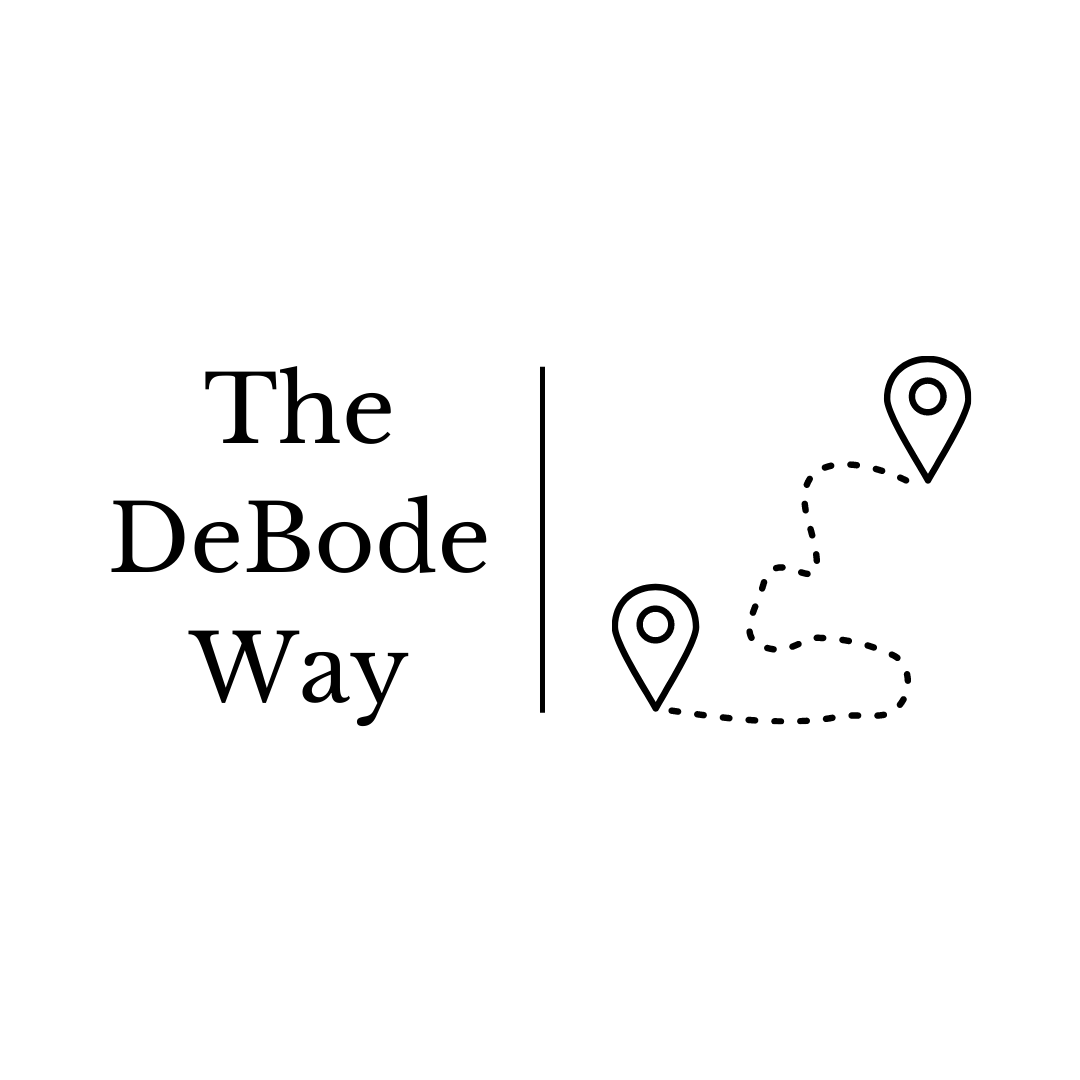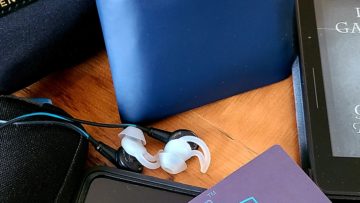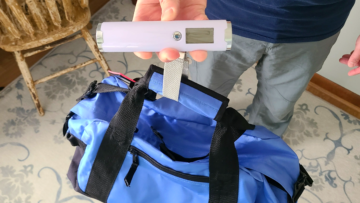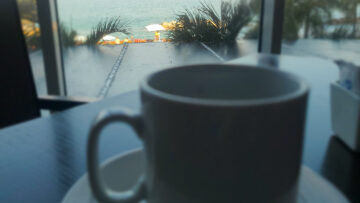Here in the US, if you pay even the slightest attention to state and national politics, it’s likely you’ve heard your elected officials say something along the lines of ‘Small business is the lifeblood of the American economy.’ ‘Shop Small. Shop Local.’ Sound familiar? True enough, depending on how we classify a ‘small’ business, by some metrics these economic powerhouses account for a considerable proportion of the US GDP and are some of the most powerful generators of job growth, and importantly new job growth, in the country.
While small businesses are a major influence on the economy, this isn’t only the case in the US: the same is true for lots of other national economies. And just like it’s important to ‘shop local’ and ‘shop small’ here in the US, it’s equally important to visit the smaller, local businesses while you’re traveling abroad. In fact, some of our most memorable experiences (all good, we promise) on our adventures have come from visiting small businesses. The thing is, small businesses often don’t have the resources to compete with their larger counterparts, at least from a pricing perspective. Because of that, we expect to pay a little more when shopping at smaller, local establishments. Just like anywhere else, a higher price point generally indicates higher quality and/or a better experience. For small businesses, this almost always includes going above and beyond when it comes to customer service. As owners of small businesses ourselves, we completely understand how important each sale and interaction is and the heartfelt thanks for choosing our small business is truly genuine.
We’ve talked about each of the below stories in prior posts (linked below, in case you missed it), but it’s worth noting that all are small businesses and this is a major reason why we had such a great experience, would definitely go back, and are happy to recommend them for you if your next adventure takes you to their neighborhood.
Stay Local
We’ve talked before about the wonder that is Ardanaiseig Hotel over in Scotland. We’ve spent a decent amount of time there, have gotten to know the staff, and even renewed our wedding vows (seriously, have you seen the pictures?! Our photographer was local too!) at this impressive 19th century manor house. What you might not know is that we met the former manager while she oversaw a different hotel just down the loch (erm, a lake for our American friends). That hotel, Taychreggan Hotel, is a small, independently run boutique hotel that’s nothing short of impressive. We only stayed there once, but we quickly fell in love with the entire area around Loch Awe, befriended the general manager, and formed a friendship that’s lasted the better part of a decade. Oh, and that general manager? Yep, she and her partner are locals and have now managed two other hotels in the area (Brander Lodge & The Great Western Hotel) and they are always our go-to for recommendations on other, less publicized things to do in the local area and all-around Scotland as well. They too strive to only use local vendors for their hotels and restaurants, keeping that pound in the local economy. They are shop small, shop local powerhouses in our book!
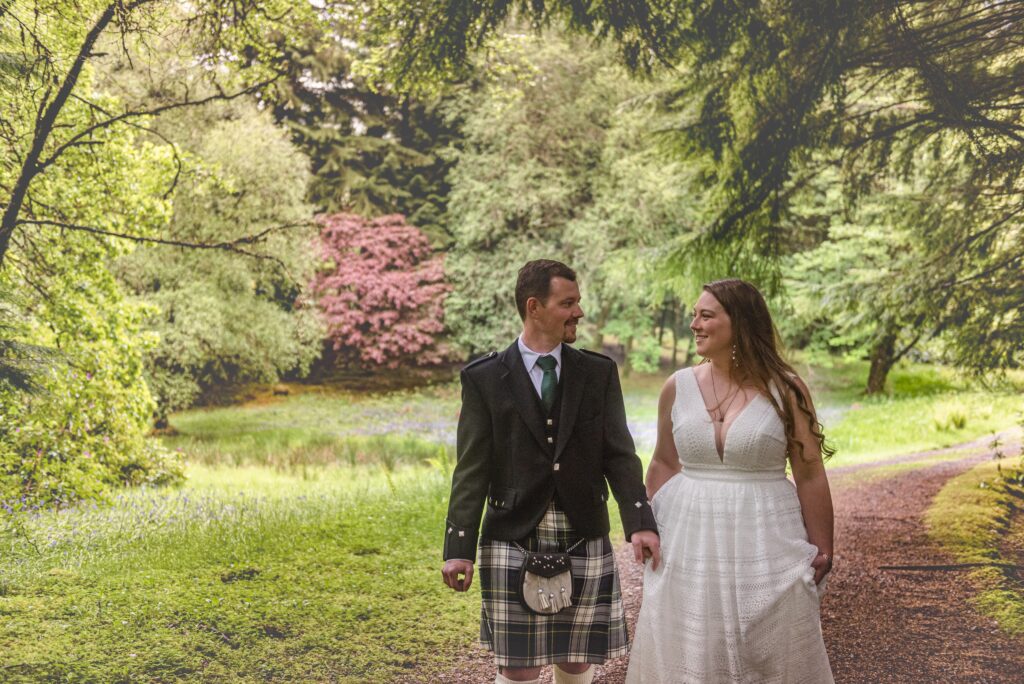
We were recently in Scotland (go figure, right?) last November and added a number of locally owned and family run hotels to our list of recommendations. You can read about them in the Scotland section of the blog (someday we’ll make you a proper list). While you’re at it, check out the France and Spain section for locally owned locations as well.
Learning the Ways of the Local Spirit
Next up is one of the neater, and more happenstance, local businesses we’ve worked with in Scotland. As Jason was planning a travel program to take a group of students to Scotland, he was coordinating with Oban Distillery, one of our favorites. If you haven’t been, we can’t recommend this place highly enough: their tour is among the best we’ve done (and believe us when we say we’re nearly experts in the distillery tours of Scotland), the staff are top-notch, and their whisky is nothing short of impressive. Here’s the thing, though: they’re also pretty small, one of the smallest in Scotland actually, operating out of only two stills. By comparison, popular Glenfiddich operates 28 stills!
Because Jason’s student group was going to be larger than one tour could accommodate, the staff member helping to get things setup gave a series of suggestions for things the other students could do before their tour (we had to split the group in half). Importantly, this wasn’t something Jason asked him for: he went out of his way to anticipate the problem and offer suggestions to get past it. What a guy! And naturally, all those suggestions fit our shop small criteria.
As it happens, one of his suggestions was to visit the Wee Wine Shop just down the street. He happened to know the owners and put us in touch with them, even sending the initial e-mail to get us all connected. And because he was the one who introduced us, the owners of the Shop were very responsive and friendly and gave us a great deal. It was there we learned about orange wine, something entirely different than any wines we’d tasted before. Have you heard of it? Do a little searching when you have a minute and rest assured it’s not made from oranges. Our visit to the Shop with the students was also quite the experience. As it turned out, one of the owners is a master sommelier and was able to explain the basics of wine to a group of business students who didn’t know much about selecting, pairing, or drinking it. Super helpful for those future corporate dinners. And again, had it not been for the connections we made from a different local business, we’d have walked right past the Shop, never knowing it existed. It is quite wee after all!
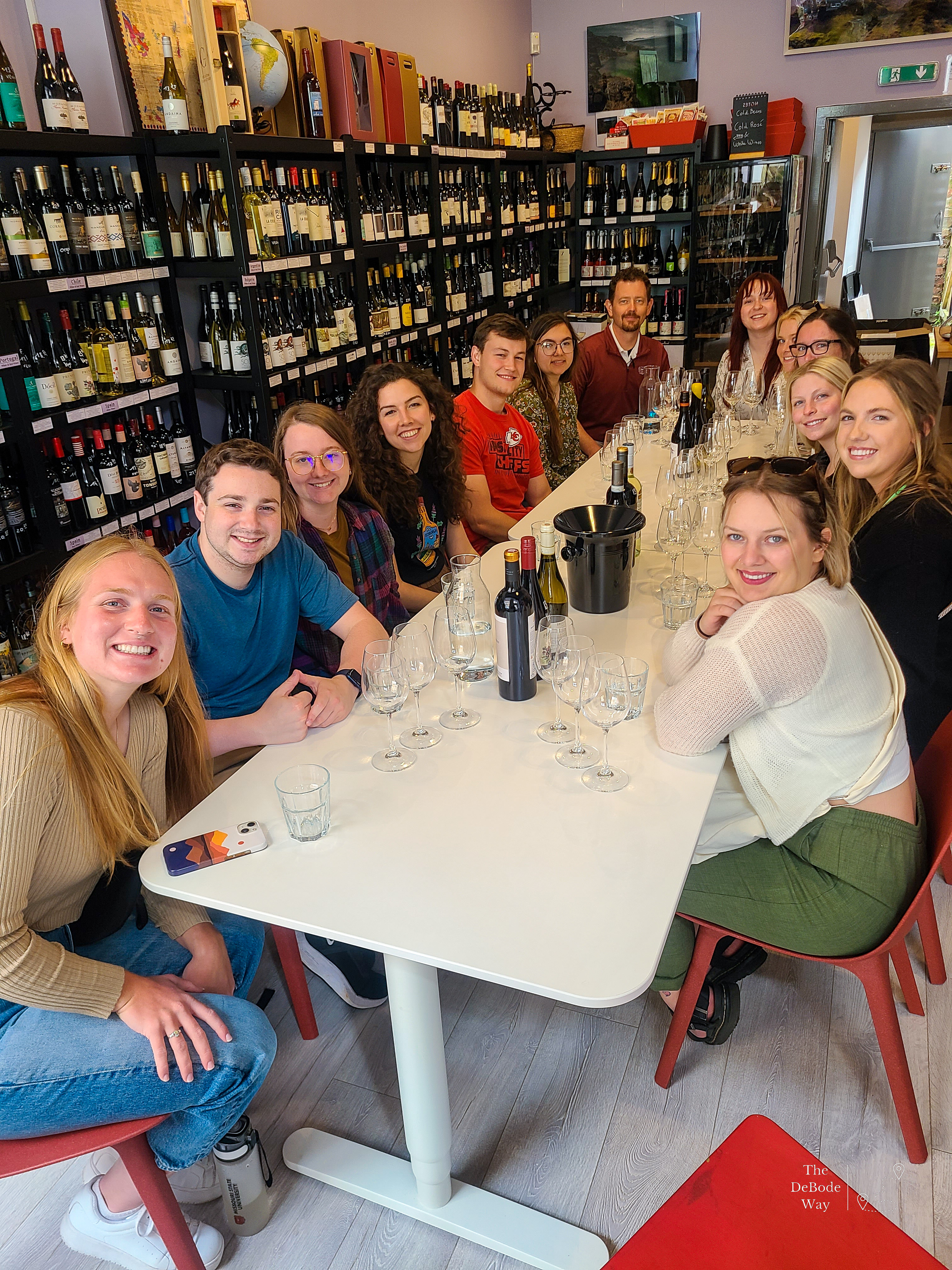
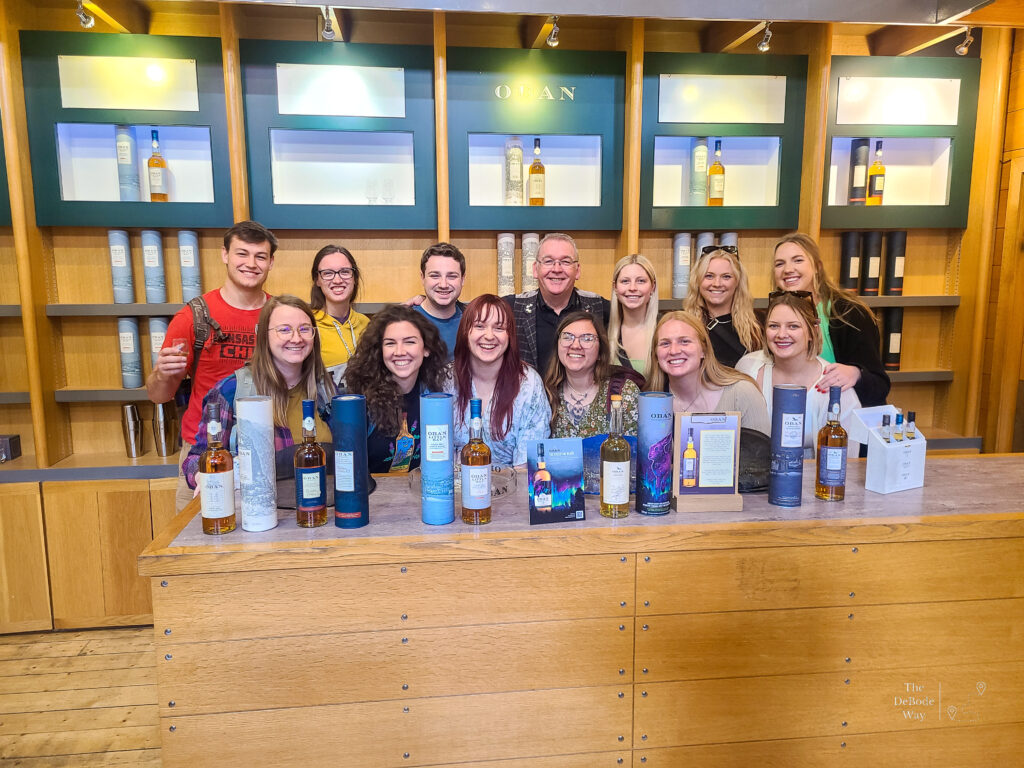
When in France, do as the Francs do
We’ve talked about the champagne houses of France in a different post, and we still laugh about how we found Champagne Gardet. We stumbled upon this a little differently than many of the other small businesses we’ve visited: no recommendations but instead responded to a message on Instagram. Yikes.
This actually brings up a valuable point: because small businesses often don’t have the same extensive marketing budgets as the larger companies, they have to get creative in how they spend their limited marketing resources. Almost always that means making great use of social media platforms and building an email list. Guilty. More on this below.
In any case, we were literally in the heart of champagne country and could have gone to any of the major champagne houses known around the world (Moet, anyone?). Sure, that was an option, but when we visited Epernay, even just walking in their building was intimidating. Compare that with our visit to Champagne Gardet, a much smaller and more intimate experience in a small village where a family member sat and chatted with us while tasting their champagne. As soon as we walked in the door, our host greeted us, showed us around, and then dropped us off on the patio with the menu of champagnes to taste. He then walked us through every aspect of the process from dirt to grape to bottle, how to taste it, what to look for, and everything in between. No one knew more about his product than he did, and his passion for his work was clearly on display and made for a better experience on our end. We walked away with a newfound respect and appreciation for champagne.
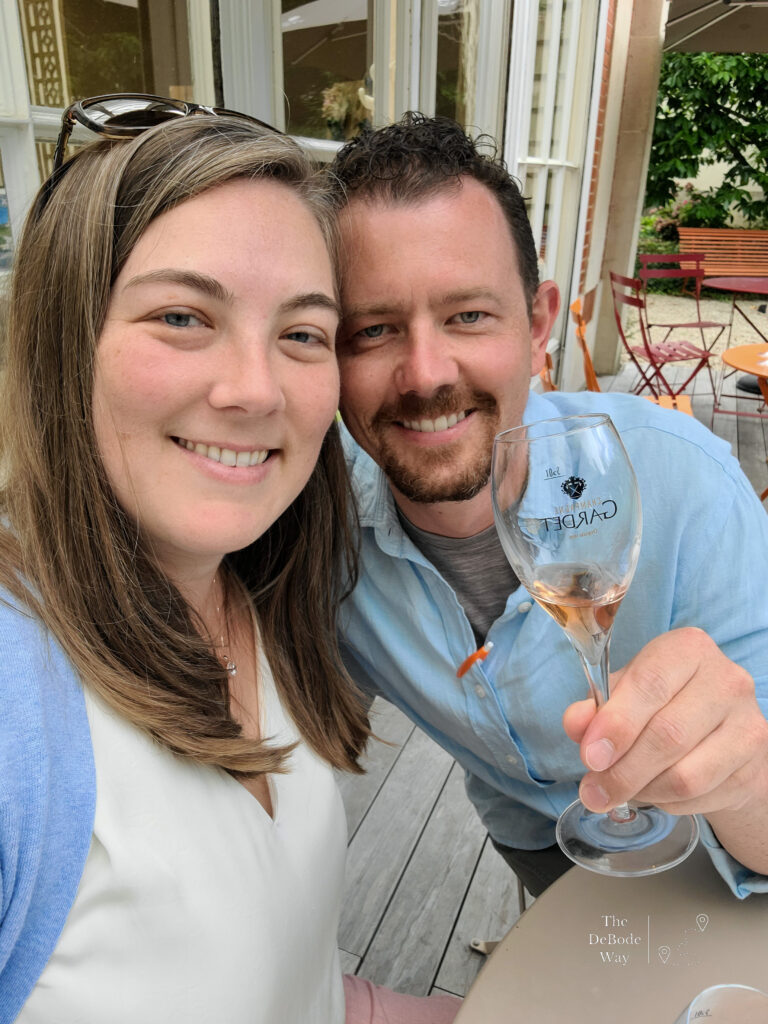
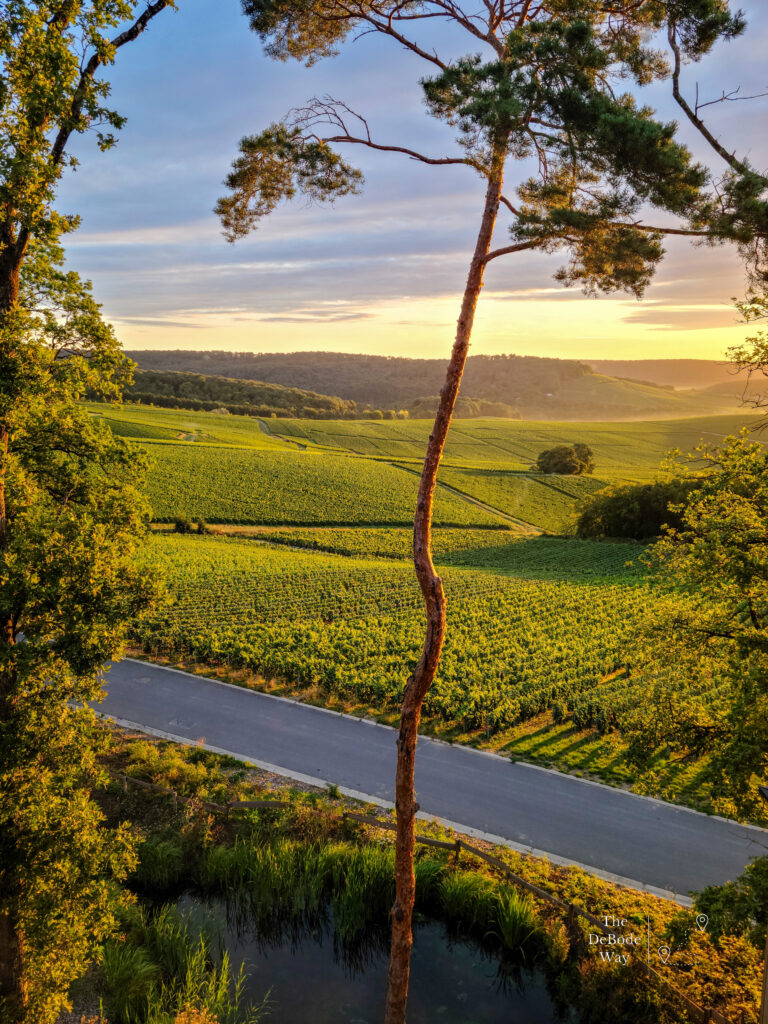
Going Small Scale Organic
Along similar lines, when we were in the Tours region of France – the heart of a different kind of wine country – we wanted a unique experience. So, after a little looking around Tasha stumbled on Château Minière. This is a woman-owned, woman-operated, organic winery that is notably smaller than most of the other wineries in the area. However, most of those wineries (all of them, in fact) aren’t organic. We try to eat as organically as possible back in the US, so it made sense for us to look for an organic winery, just to see how the process was different. To say we lucked out at Château Minière is an understatement: the staff were as incredible as the wine they produce. They even gave us a private tour of the vineyards, explaining every detail of their process, when and how it differed from other wineries that didn’t transition to organic, along with their plans for the future with biodynamics, running an Air BnB, and how they’re incorporating bees. Super interesting, really tasty wine, and an overall excellent experience due in no small part to the exceptional service we received from the staff. Plus, you can stay in the chateau! What! Next time.
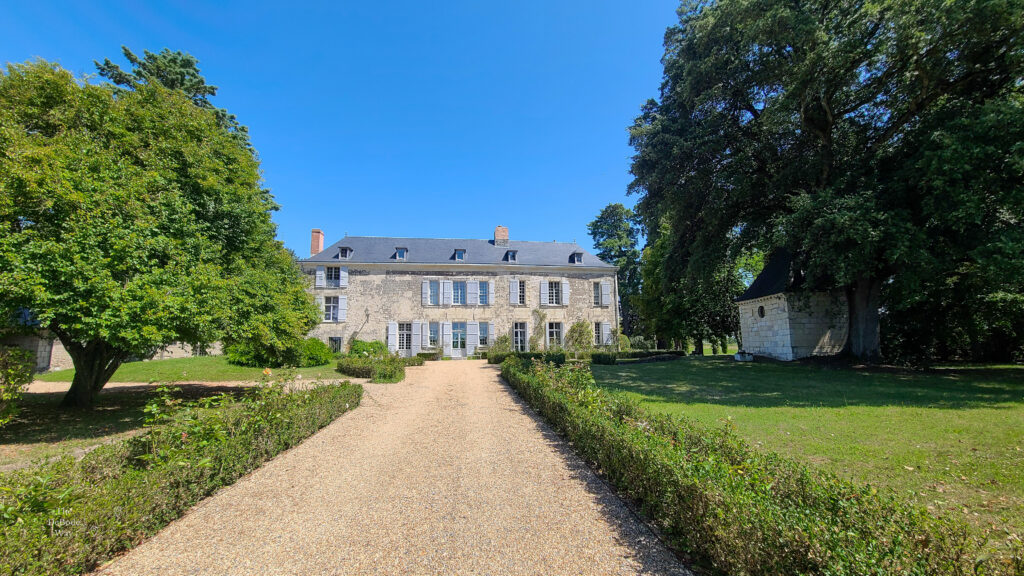
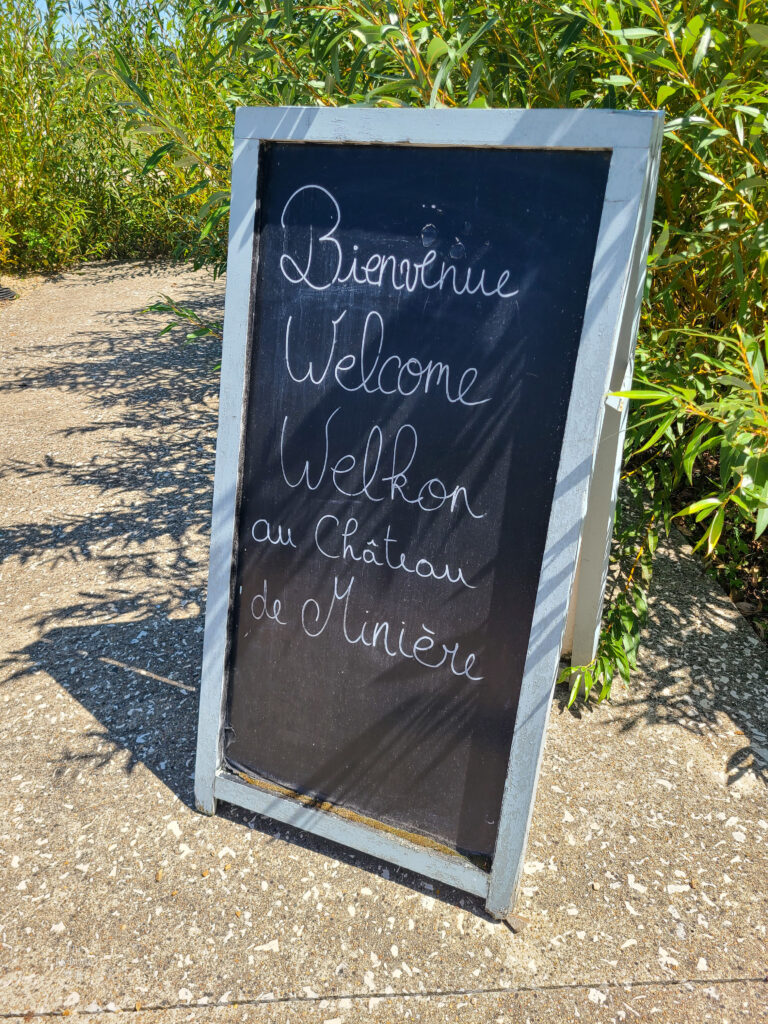
The Ground Rules
Because small businesses are…well…small, sometimes it takes some creativity to find them. Most of the time, you can walk down the main street of the small town you’re in and find small businesses aplenty. But, to help get the best experience possible, we usually follow a few rules.
- Whenever possible, ask for recommendations. From who? Literally everyone. We always ask the front desk staff at the hotel or the owner of the B&B where we stay. When you go out to eat, go on a tour, or grab a coffee for that mid-afternoon pick me up, ask for recommendations and look for that hole in the wall establishment. We’ve also found that lots of people will point you to the bigger, closer, more familiar brands, and to combat this we usually ask where they go for things. We’ve yet to be disappointed.
- As I said above, most of the smaller companies don’t have tons of money to put into their marketing budgets and so often rely on social media pretty heavily for marketing. So, jump on your social media (Facebook, Instagram, TikTok, Reddit, Pinterest…yada yada…) account and search for the town you’re in to see what comes up in the search functions. Often there is a local visitor’s bureau you can connect with to ask for recommendations as well. And if you loved your experience, be sure to share it on your social media!
- Importantly, we never recommend (okay, rarely recommend) visiting a small business you aren’t sure about, especially when you have to go on a little drive out of the way to get there, like we did with the champagne house. So, as much as possible, do your research. Just because it’s a small business doesn’t mean no one has been there before. We usually head over to TripAdvisor and Google to type in the area and small business name to see what the reviews are. There might not be a ton of reviews, but odds are there’s something you can look at if they’re trying to get the word out. If it doesn’t seem right or other folks didn’t have a great experience, move onto the next possibility.
- Go for a walk! Seriously, if you’re staying in town, get out of your hotel and walk around, popping into businesses that seem interesting. This often means wandering down a side street, off the high street full of tourist trap shops. Or, if you’re staying out of town at a B&B or something similar, ask the owner for directions to the nearest town, find a parking spot, and then go for a walk.
To be clear, we’re not suggesting you avoid the bigger businesses. We’ve had great experiences visiting some of the more iconic brands throughout North America, the UK, and Europe. Still, it’s easy to overlook the smaller businesses that might give you just as good of an experience, usually even better. And if you can connect with someone who will give you recommendations for more great, local experiences, why not?
So, just remember: it’s important to #shoplocal and #shopsmall here in the US, but it’s just as important to do the same on your adventures.
Happy travels!
